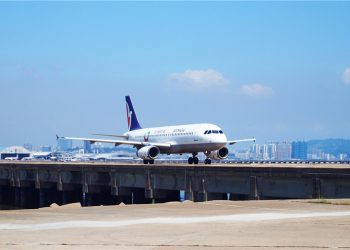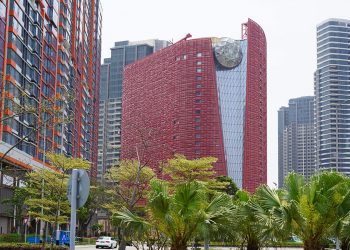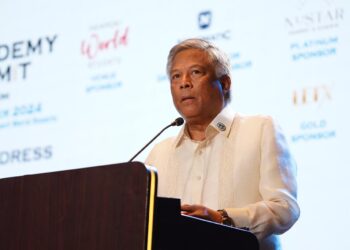Macau’s Legislative Assembly (AL) passed the long-debated new gaming law today (Tuesday), with only one member voting against it, and even then on only one clause.
Over more than two hours of deliberations in which each article of the law was addressed individually, AL members voted 32-1 in favor – paving the way for the Macau SAR Government to prepare to conduct a re-tendering of gaming concessions before the end of the year.
The one holdout was Ron Lam U Tou, who voted against Article 22(3) of the new Gaming Law which states that the government can reduce the levies paid by concessionaires on GGR by up to 5% if they successfully attract visitation from foreign markets. This would not be a reduction on the 35% special gaming tax applied to all concessionaires equally but instead to the 2% levy that benefits the Macao Foundation and additional 3% levy for the development of the city, the promotion of tourism and the provision of social security.
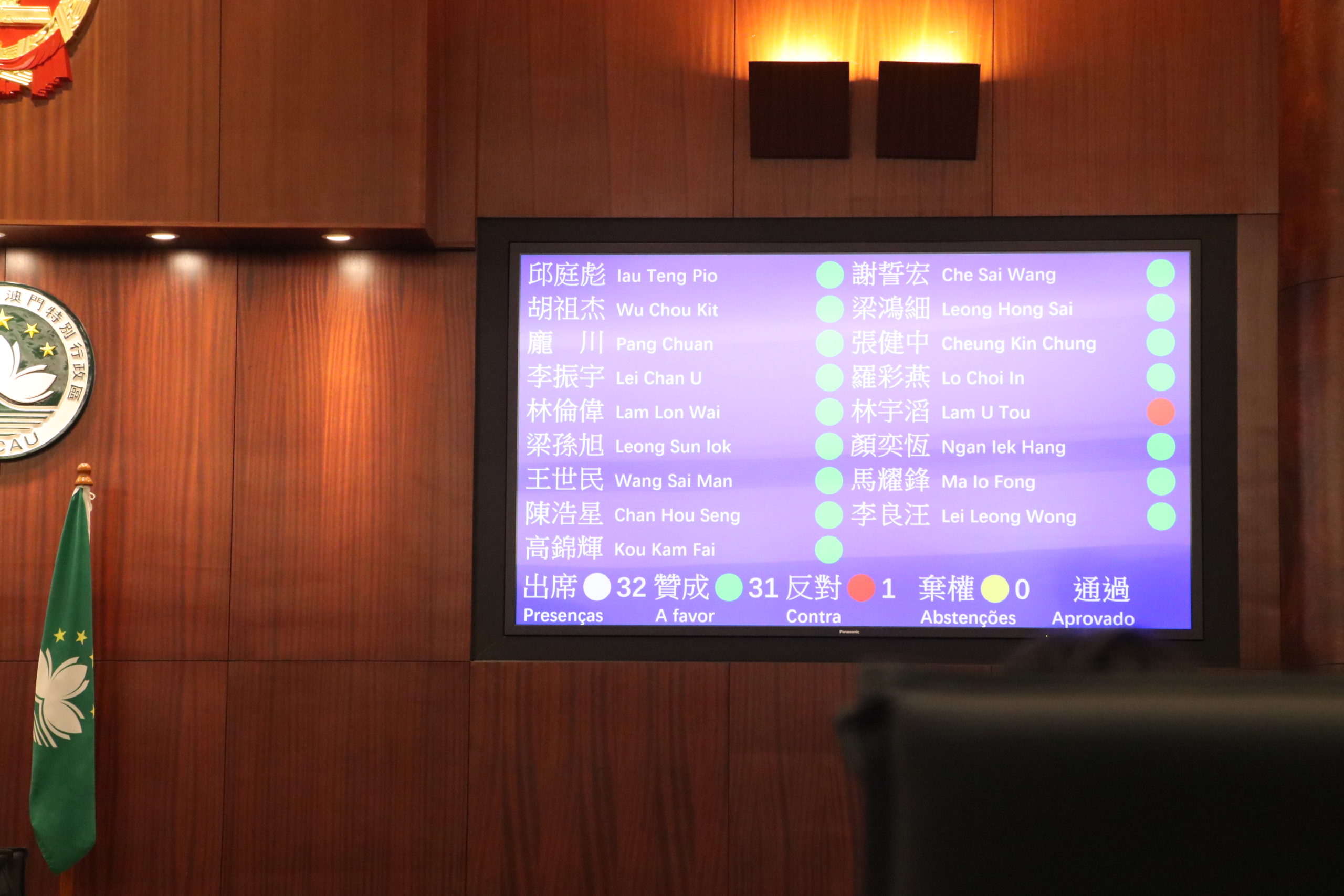 Lam said Tuesday that the government should not waive the 3% levy because it may have a negative impact on social security beneficiaries.
Lam said Tuesday that the government should not waive the 3% levy because it may have a negative impact on social security beneficiaries.
“The decision will affect people’s livelihood, and the exemption may affect the public,” he said. “If the government can’t explain the reason clearly, I will definitely vote against it.”
Macau’s Secretary for Economy and Finance, Lei Wai Nong described the new Gaming Law as an important step forward for the SAR and rejected Lam’s objections.
“The government hopes to develop overseas visitors through the concessionaires, because the development of foreign visitors is [vital to promoting] Macau as a world tourism and leisure center,” he said.
“The government has other laws to maintain the social security system, and the 5% reduction will not affect the operation of the social security system.”
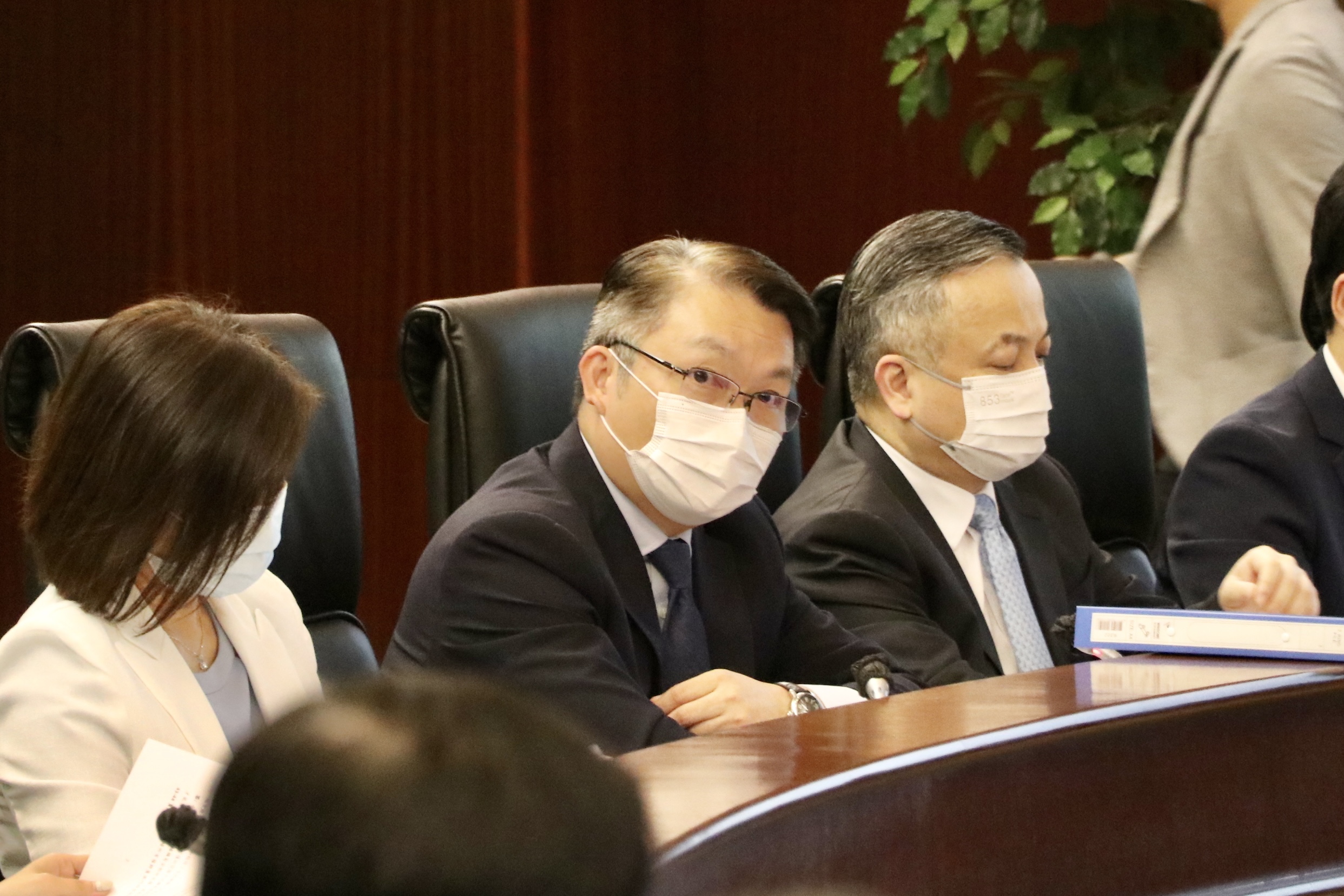
While Lam voted against this one clause, all other clauses in the bill were passed unanimously.
AL member Jose Pereira Coutinho also expressed concerned about the situation of satellite casinos. In response, Lei confirmed that “two satellite casinos have applied to the government for closure.”
He also pointed out that concessionaires have fulfilled their social responsibility by not laying off employees who worked in the satellite casinos.
The two satellite casinos to close are Rio Casino and President Casino, both under the license of Galaxy Entertainment Group.
As for the issue of social responsibility, Lei pointed out in under the upcoming re-tendering process, the government will consider assessing the needs of the industry and social development and will include social responsibility provisions for bidders in the tender.



























